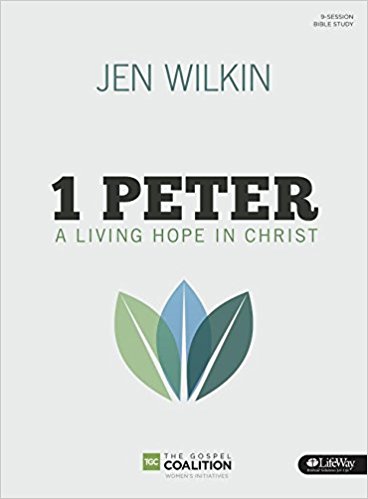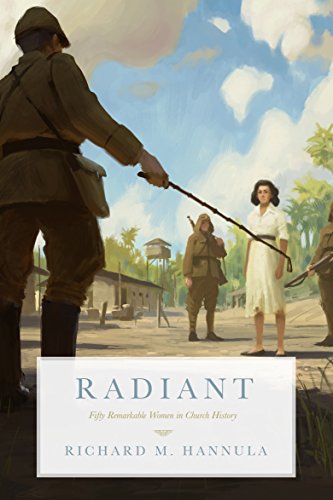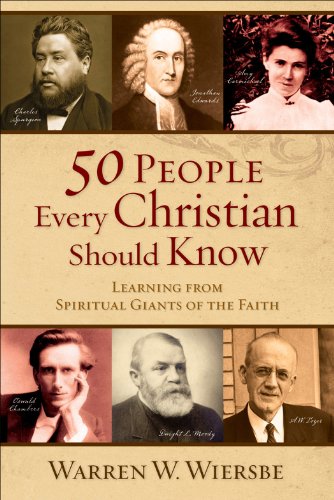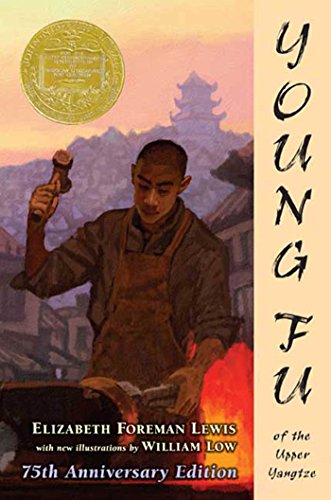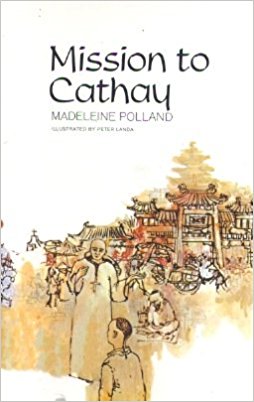Random Reads: On My Nightstand Right Now
I love books. I endeavor to read a lot and to write book reviews when I think they’ll be helpful to someone. As a homeschool mom, a writer, a woman in ministry, and currently a Colson Fellow, I am usually reading at least five books at one time. The problem is that not all of these books are worth recommending or reviewing to my typical blog reader and so my goal of one book review per week is suffering. But I thought I would share with you a quick snapshot of what’s on my nightstand right now, if nothing else, to provide you with some ideas that might lead to your own pursuit of random titles relevant to the various roles in your life.
Because I’m a Colson Fellow:
I recently finished The Abolition of Man, which was written 60 years ago by C.S. Lewis. It’s the compilation of three essays that reflect on society and the importance of universal values. The National Review chose it as number seven on their “100 Best Nonfiction Books of the Twentieth Century,” so you should probably read it too.
The first essay, "Men Without Chests" explores our transition in western civilization away from the belief that certain attitudes and ideas have objective value, while others are intrinsically false. Lewis says that in schools in his day (as well as ours) students were taught to “regard all sentiments as equally non-rational’ (33). Citing Alanus ab Insulis from the 1100s he says that “the head rules the belly through the chest—the seat of emotions organized by trained habit into stable sentiments” (35-36). So we make men without chests when we remove the conduit from man’s mind (intellect and spirit) to man’s belly (visceral, animal). We make men without chests when we give all sentiments or emotions or attributes equal non-value. We long for the virtues of old but have educated our young ones to de-value them all.
In “The Way” Lewis further investigates our rejection of objective values. He cites the “moderately educated young men of the professional classes during the period between the two wars” (42) as birthing a skepticism in values. He says they endeavored to cut away “the parasitic growth of emotion, religious sanction, and inherited taboos, in order that ‘real’ or ‘basic’ values may emerge (43). In the end, though, Lewis shows us that to reject values and to rebel against ideologies is to destroy ourselves. He says we humans cannot invent new values and our current values originated somewhere (with God, Lewis calls it the Tao). You cannot criticize ideologies without having an ideology.
In the final essay of the book, “The Abolition of Man,” Lewis says that “Man’s power over Nature turns out to be a power exercised by some men over other men with Nature as its instrument” (67). In other words, those who hold the power within a society actually deem who lives and who dies and who thrives within a society. The truths are disturbing, as Lewis recites how birth control, eugenics, education, and propaganda serve those who are in power, to the detriment of the weak and those who would otherwise be born in the future. As man removes himself from objective values nothing is left to steer his impulses. While man believes he is controlling nature, he is actually abolishing himself by his untethered and temporary preferences.
The book is prophetic and, honestly, discouraging, as we see the fruits of Lewis’s predictions. He’s right and I’m driven anew to cling to Jesus.
In addition to The Abolition of Man I am making my way through How Now Shall We Live by Chuck Colson. I’ll share the closing of Part Three, which I read last night, as it summarizes well the ideas of Lewis above:
The real problem with this world is not deformity in the body; it’s deformity in the soul. In a word, it’s sin. Anyone who harbors an idealistic urge to improve the human race ought to look not to eugenics but to means for healing the sinful heart.
Yet the very notion of sin is unpalatable to the modern mind. As a result, many of the brightest western thinkers have constructed a great myth to avoid facing the truth about sin and guilt. And ironically, this myth, more than anything else, has brought unimaginable havoc and misery into this century.
Because I’m in ministry and for my own spiritual growth:
I’m in the middle of week four of Jen Wilkin’s workbook Bible study entitled 1 Peter: A Living Hope in Christ. It’s challenging and excellent. I treasure the weekly meetings with other ladies as we gather to discuss our own reading of the text, as well as to hear Wilkin’s teaching by DVD.
I’m nine months in to reading the Bible in one year. I confess, I am three weeks behind right now. I really hope to catch up and finish this task within the year! This 5-day reading plan provided by Melissa Kruger has been a perfect guide. I think it’s worth trying—reading the Bible in a year is powerful. Or you could give it two years—whatever it takes.
Lastly, I’ve been perusing—not exactly reading through—two books that have helped inspire my Instagram #gospelcenteredwomen project. They are Radiant: Fifty Remarkable Women in Church History and 50 People Every Christian Should Know. Both are teaching me much as I select a woman and read her chapter.
Because I’m a homeschool mom:
I’m currently educating three daughters in grades 5th, 7th, and 9th at home. My ninth grader is fairly self-sufficient, thank God, because she is reading tough stuff and I don’t think I could keep up! But I do read along with my 5th and 7th graders, whom I have combined in History and Language Arts, so that I only have to teach these subjects once a day. We use Sonlight for our curriculum and we’re currently enjoying going through what they would call their History and Literature F—it’s a yearlong study of the Eastern Hemisphere. My degree is in Cultural Anthropology, so you know I love this. The year’s books focus on eastern cultures, religions, and ways of life. I appreciate focusing my kids’ education on what’s happening beyond American History and Western Civilization for at least one year. We just finished Young Fu of the Upper Yangtze and I enjoyed it just as much as when I read it to my firstborn four years ago. The book provides a glimpse of China in the 1900s from the perspective of a young apprentice in a changing city. We also read Mission to Cathay, the historical fiction story of the first Jesuit missionaries to China in the 1900s.
Because I’m in a neighborhood bookclub:
Last September, after we first moved back to the US and into the suburbs, we hosted a block party and invited 28 neighboring households to attend. Most came and we were grateful to get to know our new neighbors and fellow countrymen. At the party I passed around a signup sheet and invited anyone to join me in a neighborhood book club. We’ve been meeting monthly for a year now. The group is comprised of women from around our neighborhood and we each take turns picking titles to read. While I must admit that I’ve been tempted to quit the bookclub a few times, simply because of time constraints, I’m glad I haven’t. This is one of a few routine gatherings of which I am a part that are not Christian. I think it’s important to remain plugged in to groups outside the Christian bubble for the purpose of forming friendships and being available to those nearby for whatever may come to pass. These ladies have definitely gotten me reading some titles I would not have otherwise chosen.
We just finished Where’d You Go, Bernadette? It was entertaining, for sure. The author used to write for the television shows Mad About You and Arrested Development, so you know she’s pretty funny and somewhat off-color. The book explores the identity of Bernadette, a mom, wife, and gifted architect. She ends up in Antarctica. I did laugh quite a bit. Watch out for the cuss words. You’ve been warned.
So there you have it: some worldview, religion, and philosophy, some women’s ministry, some Chinese culture and history, and some pop-culture hilarity that explores female identity (sort of), as well as penguin patterns in Antarctica. A little bit of everything! And next month will undoubtedly be the same. I love books. And I would love to receive any recommendations you may have--or just share what's on your nightstand if you're willing!


